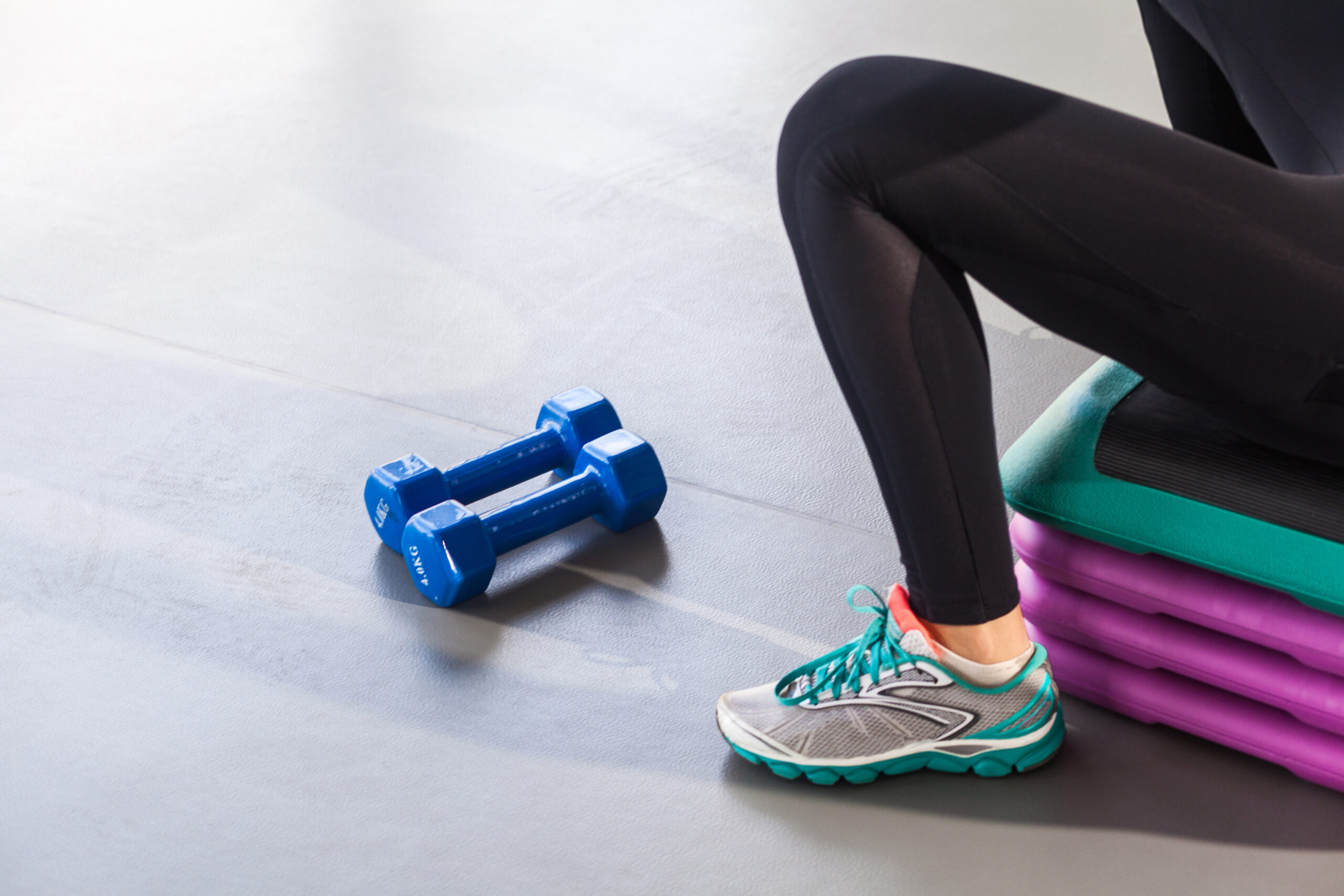
Luxury vinyl flooring, also known as LVT (luxury vinyl tile) or LVP (luxury vinyl plank), has become one of the most popular choices for homes and businesses alike. One of the reasons for luxury vinyl’s growing popularity is its installation system. These systems make it easy to install and provide a secure base, making them ideal for any home flooring project.
There are three major types of locking systems on the market today: click-lock, glue-down and floating.

The click-lock system is the most widely used locking mechanism in luxury vinyl flooring. The tongue and groove design allows planks or tiles to snap together securely. These planks or tiles simply need to be locked into place, fitting together like a puzzle piece. When the flooring’s life cycle is over it can easily be removed because the system isn’t adhered to anything and doesn’t require any special tools.
Other benefits of click-lock vinyl are its cost-effectiveness, since no special tools or adhesive are required; it can be used in a variety of settings; and it comes in different colours and styles for consumers to choose from.
The click-lock system has a downside: it’s not waterproof. Moisture can seep through the vinyl planks’ edges, causing damage if you use this flooring in bathrooms or other areas where water is likely to be present.
Also, there’s a greater chance that removing and replacing one plank may cause others to come loose. Compared to other locking systems, if click-lock vinyl does not come with a pad attached, it feels uncomfortable underfoot.
In a glue-down flooring system, there is no locking mechanism between the planks or tiles; each piece butts up against its neighbor. This process uses adhesive to install flooring. It takes more time and effort than the click-lock version, but works as a permanent option for heavy traffic areas or commercial spaces.
Adhering the floor to the subfloor makes it more durable, stable and soundproof than click-lock floors. The glue adhesive forms a strong bond, making the floor more durable and water-resistant. Specific glues can be used to create a sound-deadening barrier between the luxury vinyl and subfloor, reducing noise transmission.
Flooring made of luxury vinyl is easy to install and maintain, but it may cost more than regular wood flooring. If the subfloor is not properly prepared, adhesive may not bond to it and flooring material can become loose. Also, luxury vinyl that is installed over an uneven surface will exhibit imperfections caused by the substrate’s irregularities.
Pavers or stones laid over the subfloor can also be difficult to remove, since they are cemented in place. Special tools may be required and there is a chance that the underlying floor will sustain damage during removal.
Floating floor systems are faster and easier to install than traditional wood floors. Floating systems are also low maintenance and require little upkeep, making them ideal for busy homes.
The system is softer and more comfortable underfoot, making it ideal for high-traffic areas. Because it expands and contracts with changes in temperature and humidity, floating luxury vinyl tends to form gaps between the planks. This is not only unsightly; it also allows dirt, debris and moisture to accumulate.
Floating floors tend to make more noise when walked on than other types of flooring, because the planks move slightly underfoot. Luxury vinyl with a pad attached helps reduce that problem.
Installation of a luxury vinyl floating floor on an uneven or poorly leveled subfloor will result in misaligned planks.